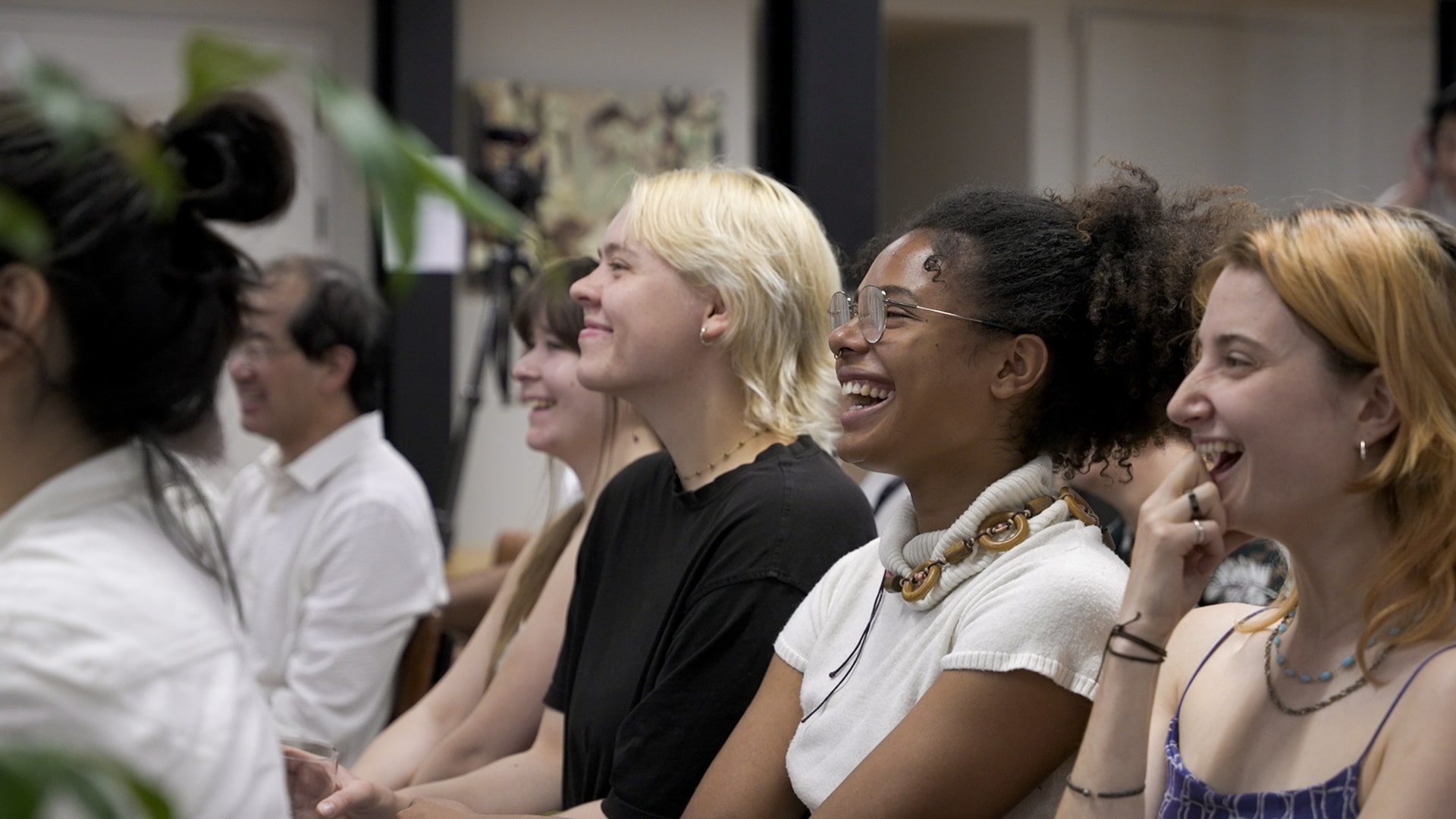Term 2: Reading Groups

What are DP reading groups?
In term 2, disciplinary perspective (DP) reading groups were incorporated into the curriculum. Apart from encouraging our students to read a wide-ranging selection of books, the aim of reading groups is to get them thinking about what different authors’ perspectives might be able to contribute to their learning on a particular problem statement.
The reading groups also help students summarise and share ideas from material that they’ve read, fostering a culture of collaboration, interconnectedness and co-creation that is at the heart of interdisciplinary learning.
How do DP reading groups work?
Throughout Term 2, students had the possibility of studying two out of four different disciplinary perspectives: Ecology or Theology, and Chemistry or Mathematics.
Based on their Disciplinary Perspectives, students were assigned a specific book out of four options connected to the problem statement of Circular Economy.
They were encouraged to organise their own reading group sessions with people who had read the same book as them and to then connect with students who had read different books within the same disciplinary perspective, meaning that everyone in this group would have read one of four books from the same discipline, but on different topics.
Finally, they formed groups made up of readers from across disciplines to share learnings and explore how they might combine or apply them to Circular Economy.
Check out the disciplinary perspective reading list our students had as part of Problems 1b:
Ecology
Cultures of Habitat: On Nature, Culture and Story – Gary Paul Nabhan
Entangled Life: How Fungi Make Our Worlds, Change Our Minds & Shape Our Futures – Merlin Sheldrake
Sand Talk: How Indigenous Thinking Can Save the World – Tyson Yunkaporta
Theology
God: A Human History of Religion – Reza Aslan
Is It Too Late? A Theology of Ecology – John B. Cobb
Man and Nature: The Spiritual Crisis of Modern Man – Seyyed Hossein Nasr
Pilgrim at Tinker Creek – Annie Dillard
Chemistry
Cradle to Cradle: Remaking the Way We Make Things – Michael Braungart & William McDonough
Material Value: More Sustainable, Less Wasteful Manufacturing – Julia L. F. Goldstein
No More Rubbish Excuses! – Martin Dorey
The Plastics Paradox- Chris Dearmitt
Mathematics
Emergence: The Connected Lives of Ants, Brains, Cities and Software – Steven Johnson
Linked: How Everything Is Connected to Everything Else – Albert-Laszlo Barabasi
Scale: The Universal Laws of Life and Death – Geoffrey West
Two’s Company, Three is Complexity – Neil F. Johnson
Want to create your own interdisciplinary reading groups or other interdisciplinary projects? Get in touch.
Share this story
Don't miss out on important updates including course information, new announcements, Open Day dates and the latest LIS news.




.png)































.svg)

This is a comment related to the post above. It was submitted in a form, formatted by Make, and then approved by an admin. After getting approved, it was sent to Webflow and stored in a rich text field.